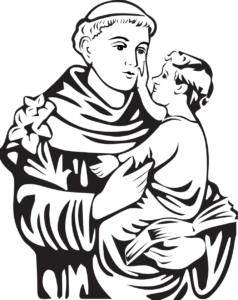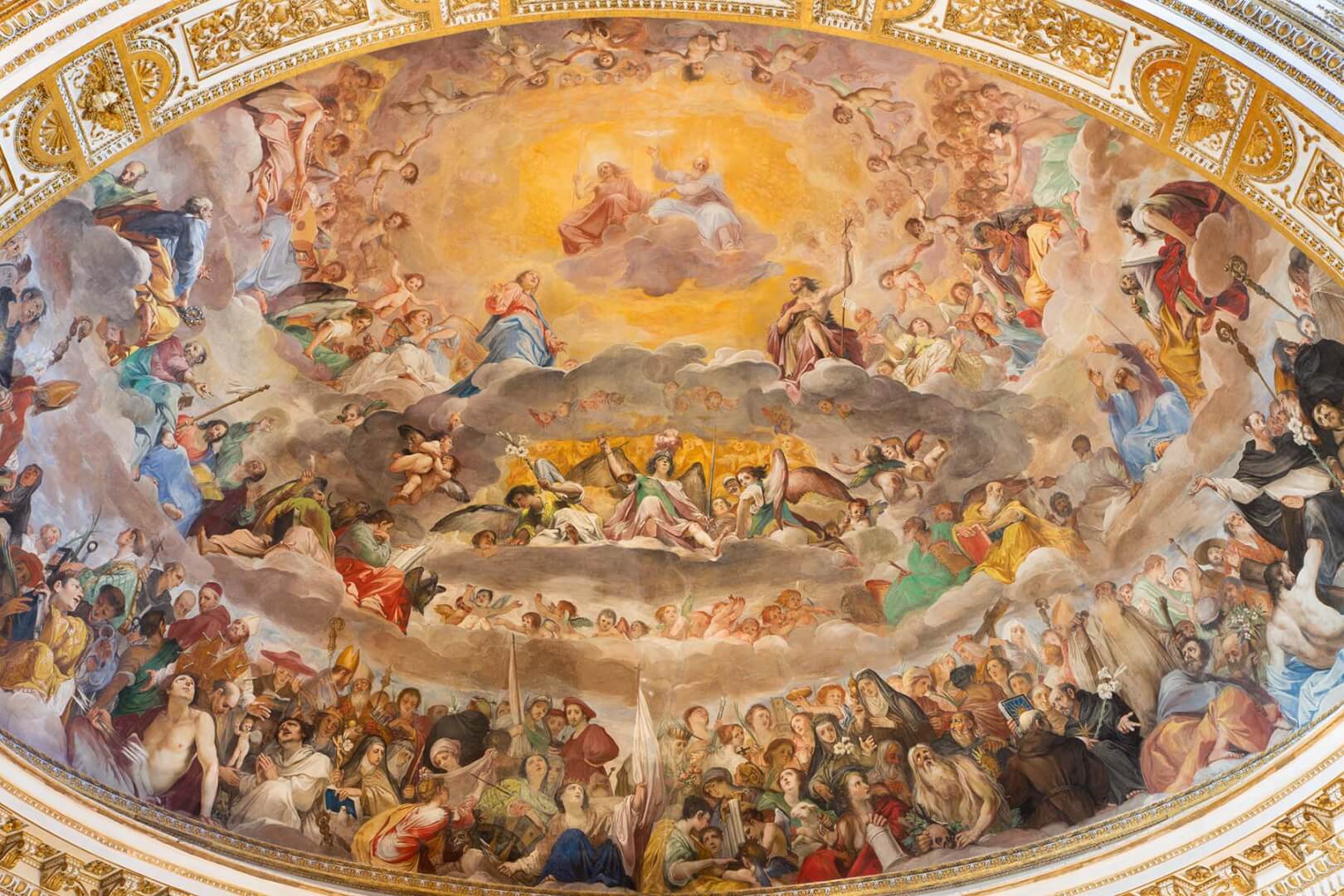
Tomorrow, we will celebrate All Saints Day, a feast day in honor of all the souls departed who have made it to heaven, whether they have been formally canonized by the Church or not. In the Catholic Church, we do not have a process for determining if anybody has been condemned to hell, but we do have a formal process for determining if somebody is in heaven.
Once somebody has served their term here on earth in the service of God and others, God will call them home to be with Him forever in Heaven. But since the body and the soul separate at death, and the body (usually) begins to decay, we have to rely on a specific process to declare the sainthood of those who have died.
After someone has died (typically no sooner than 5 years after their death), those who were impacted by their life and believe that this person has a reasonable cause for canonization will submit a petition to the appropriate bishop to open an investigation.
“Whoever intends to initiate a cause of canonization is to present to the competent Bishop, through the postulator, a written petition, requesting the instruction of the cause.” (New Laws for the Causes of Saints, #8)
Once that person’s petition has been accepted and the investigation is underway, the person in question is bestowed with the title “Servant of God”. Their life, without a full investigation, has merited a special designation as one who might be under consideration.
After the preliminary investigation stage has concluded, and the Church has deemed that the Servant of God’s cause can proceed, they are given a new title, “Venerable”. This is the first of three big steps in the canonization process. It is at this point that the deceased heroic levels of virtue have been recognized by the Pope.
The next stage, and the second big step, is beatification.
“Beatification — the second stage in the process of proclaiming a person a saint; occurs after a diocese or eparchy and the Congregation for the Causes of Saints has conducted a rigorous investigation into the person’s life and writings to determine whether he or she demonstrates a heroic level of virtue, offered their life or suffered martyrdom. A miracle attributed to the person’s intercession must be proved.” (USCCB, Key Terms of Saints)
This is the point at which people would submit miracles that they attribute to the intercession of the deceased. That is part of the reason we ask the souls of our dead loved ones to pray for us. Their intercession is strong, sometimes strong enough to bless us with miracles. After a person has been beatified, their title changes from Venerable to “Blessed”.
The third and final cause for someone to become a saint is of course canonization. In order for the beatified to become canonized, a second miracle must be submitted and proved, attributed to their intercession. At this point, we can affirm, without a doubt, that this person is in heaven with God, and is worthy of universal veneration from the Church. One of the only times when this process of canonization may deviate from this formula is if the person in question was martyred for the Faith.
The canonization of a saint is great cause for celebration in the Church. Another soul has joined the Communion of Saints, and we have yet another intercessor in heaven to help us on our own earthly journey. And most of all, we celebrate that another soul conquered the devil by embracing his calling to become a true son or daughter of God.
Great Stories About Great Saints – November 1, 2022
Tune in to Relevant Radio ALL DAY TOMORROW as we take a break from our regularly scheduled programming to explore Great Stories About Great Saints! And keep an eye on our social media @RelevantRadio for some fun facts and saint trivia!


